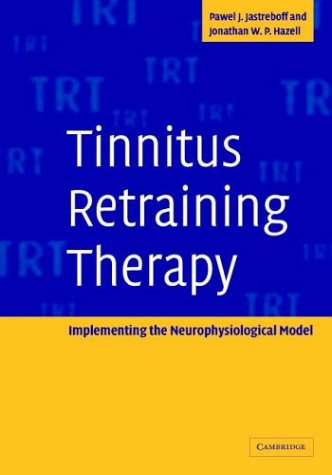Departments of Otolaryngology-Head and Neck Surgery, The University of Iowa, Iowa City, Iowa 52242, USA.
 image: www.studytemple.com
image: www.studytemple.comWe also compared the effectiveness of retraining therapy with mixing-point masking, total masking, and with counseling alone.
Forty-eight tinnitus patients were randomly assigned to one of three groups:
- counseling,
- counseling plus bilateral noise generators set to completely mask the tinnitus.
- or counseling plus bilateral noise generators with a focus on the mixing point (partial masking just below total masking).
A picture-based counseling protocol was used to assist in providing similar counseling among all three groups.
The Tinnitus Handicap Questionnaire was administered before and after about 12 months of treatment.
After 12 months, in the counseling group,
- three of 18 patients benefited significantly, in the mixing-point group,
- six of 19 patients benefited, with only counseling.
- and in the total masking group, four of 11 patients benefited from the treatment.
The average decrease in the questionnaire was
- 16.7% for the counseling group,
- 31.6% for the retraining group, and
- 36.4% for the total masking group.
No significant average differences among groups were observed.
One premise of retraining therapy is incorrect; a focus on mixing-point masking is not required for habituation.
Ear and hearing (impact factor: 2.06). 05/2012; 33(5):588-94.
DOI:10.1097/AUD.0b013e31824f2a6e
Source: PubMed
